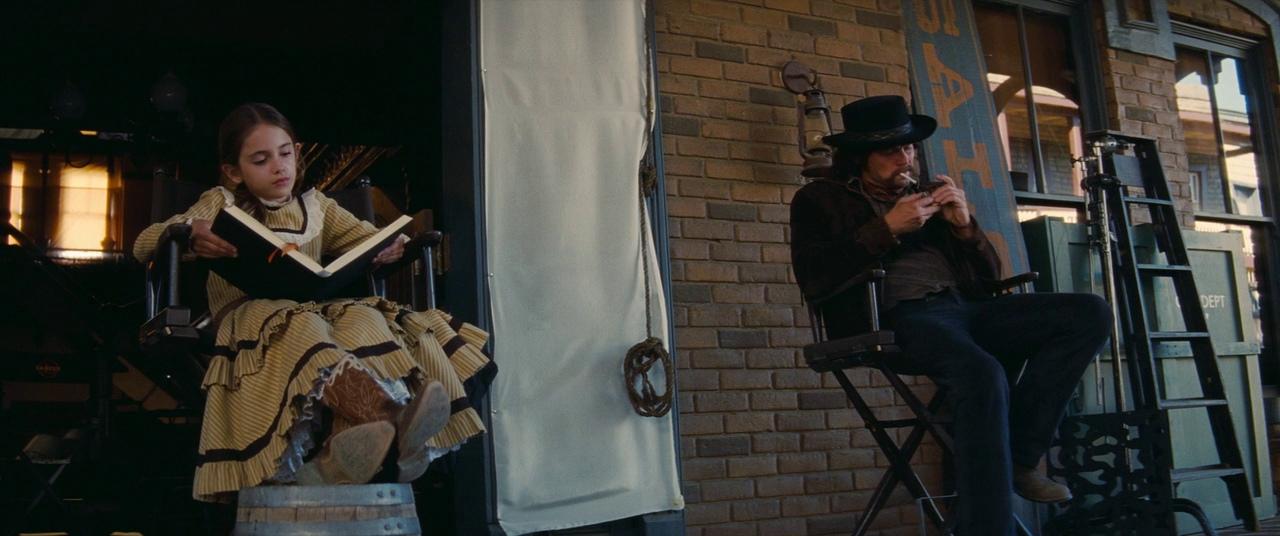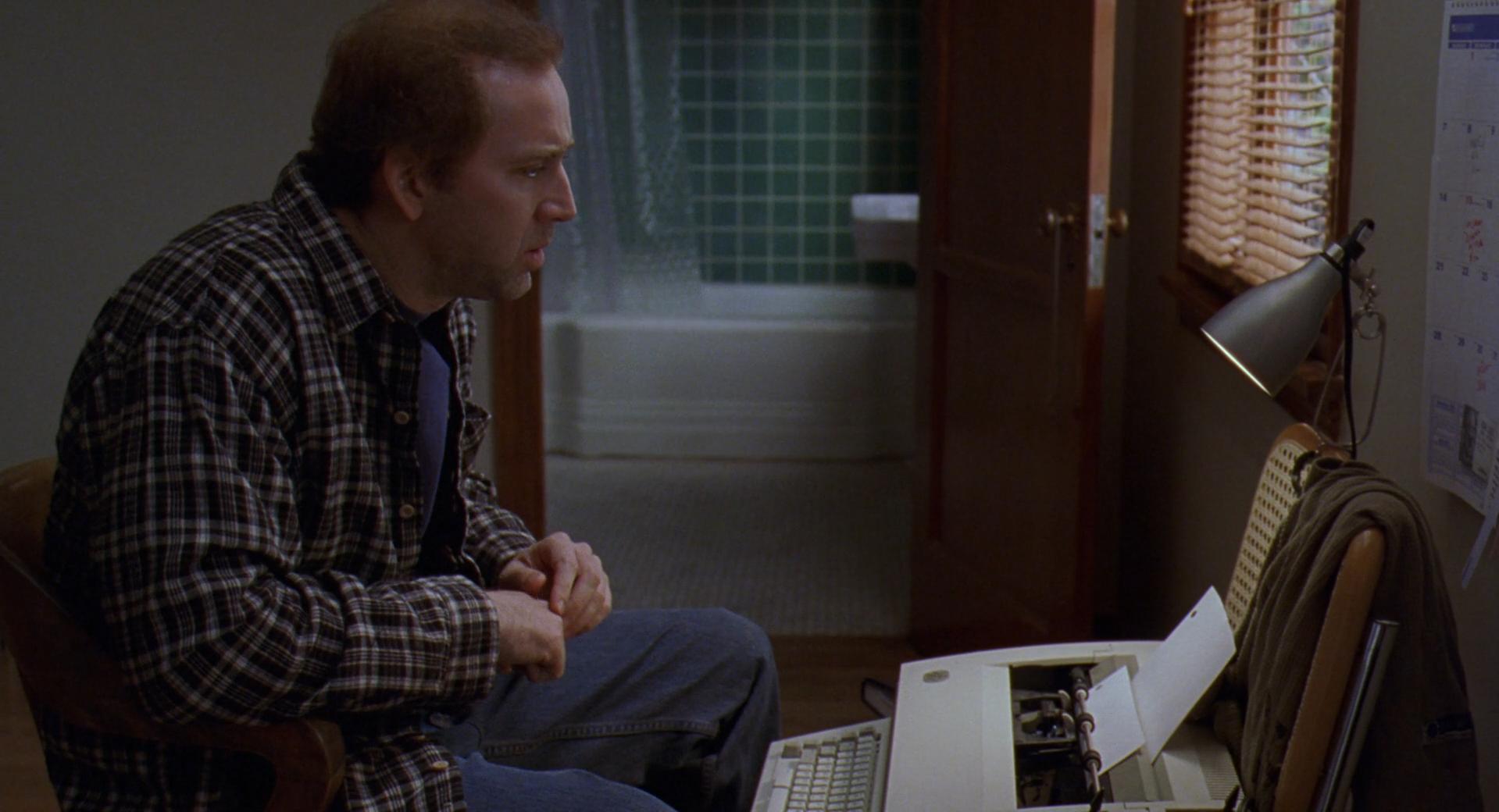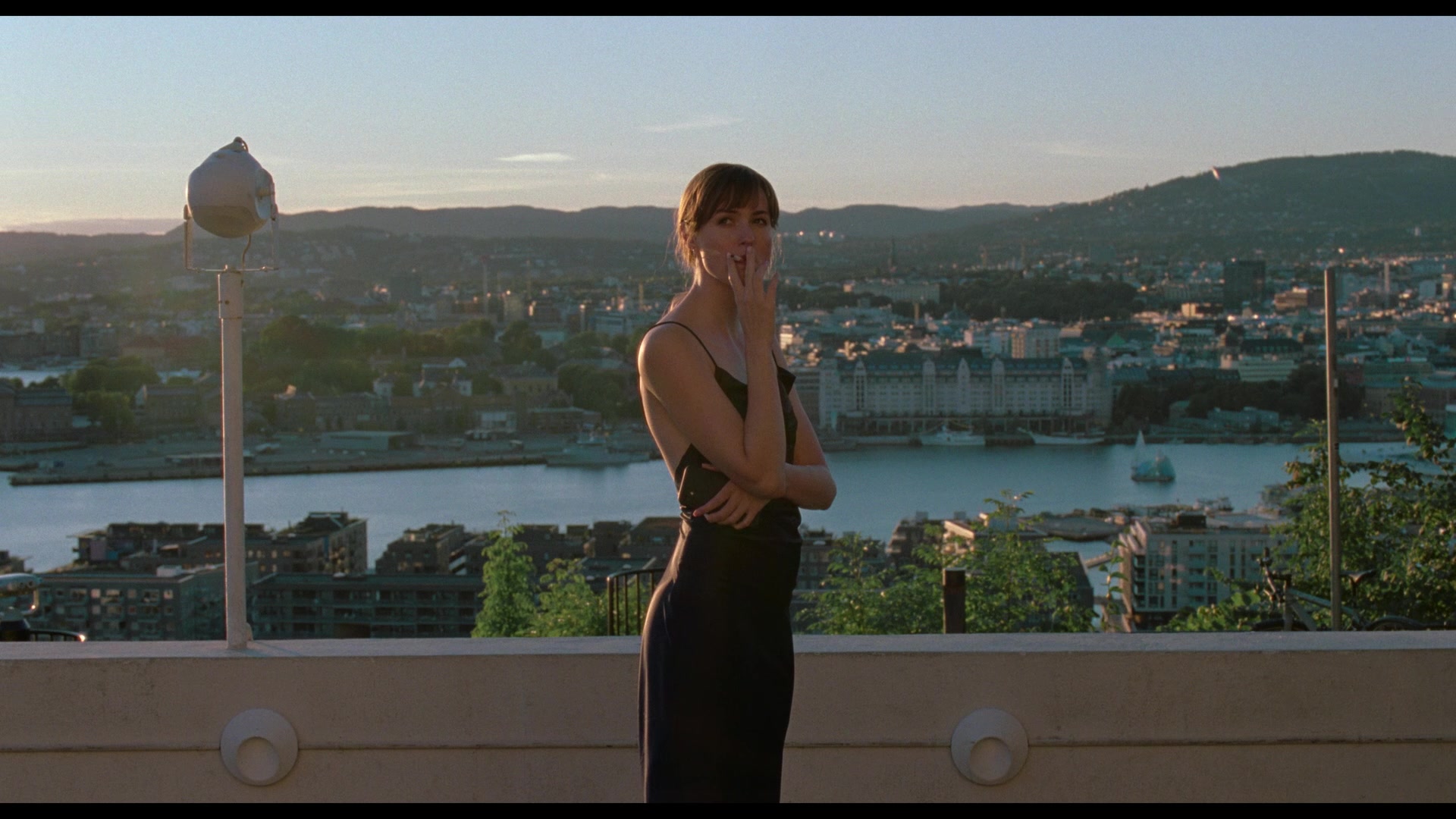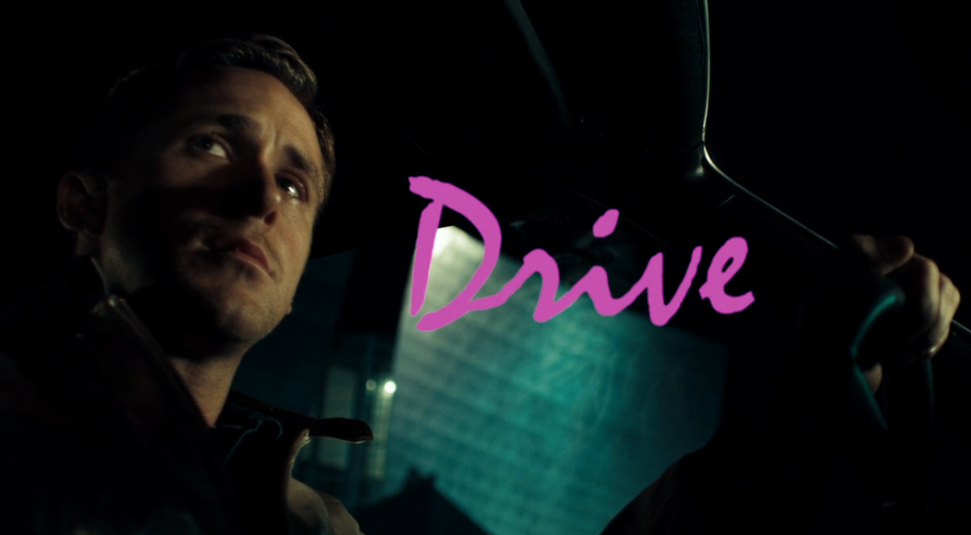Disclaimer: No A.I. Chatbots were used in the writing of this Blog
First, what is a true screenwriter? A true screenwriter is someone who has a passion for storytelling. It's someone who has good taste in movies. It's someone who's seen Citizen Kane and American Beauty at least 3 times and can talk to you about the significance of both.
A true screenwriter has something to say. It's someone who not only loves their characters, but understand them better than anyone else possibly could. And last but not least, a true screenwriter is someone who has discipline. Discipline is absolutely essential in order for the screenwriter and their script to be taken seriously. We'll talk about screenwriting discipline in a later blog, but for now, just know that if you follow the first step that I'm about to reveal, you will gain discipline naturally.
So how do you reach this level? More importantly, are you an actual true screenwriter? After all, how can you trust that the script you're working on is worth submitting to executives? The answer is easy, and here it is:
Read, read, read. READ!
Reading other scripts is the first and only step to becoming a true screenwriter. In fact, if you're currently working on a script but you don't regularly read other scripts, do yourself a favor: STOP WRITING NOW.
Put away the typewriter or cancel that screenwriting software you're currently paying $19.99/month for. Then, pick up a script--any script. It could be a good script, a bad script, or a Hollywood script. It could even be a script you've read in the past. No matter what, reading screenplays will increase your knowledge, appreciation, and discipline in screenwriting and storytelling.
Now don't get the wrong idea. Just because I want you to stop writing and pick up someone else's script doesn't mean your script isn't important. On the contrary, you have an incredible script, and your story is worth telling. That's precisely why reading other scripts is essential to writing your own. By not studying the scenes, characters and dialogue in other scripts on a consistent basis, you end up suffocating your script and depriving yourself of the knowledge you would otherwise gain.

Think of screenwriters as whales, and the ocean as their screenplay. It's where they spend most of their time living inside of. But whales aren't like most creatures in the sea. They're mammals that require oxygen to survive. At some point, whales run out of breath, and they have no choice but to travel to the ocean surface to fill lungs. Think of these breaths as the act of reading, and the oxygen as other scripts.
You may not realize it, but with each breath you take of another script, you end up growing as a screenwriter. The scripts you read don't even have to be good. Bad scripts are just as helpful, because they can teach you what NOT to do.
William Faulkner, arguably the greatest literary writer who ever lived, once said:
"Read, read, read. Read everything—trash, classics, good and bad, and see how they do it. Just like a carpenter who works as an apprentice and studies the master."
- William Faulkner
Beginner screenwriters have a tendency to see it as a chore to read other scripts. They see it as a chore because they feel like they're doing the writer a favor. This couldn't be further from the truth.
Reading other scripts is actually a task that serves YOUR script. Whether you like it or not, your script needs inspiration. It needs the air of ideas, dialogue. character and structure of other stories in order to grow in a positive way.
Imagine if Beethoven never studied the music of Bach and Mozart. imagine if he never went to concerts. If that were the case, his symphonies would have been trash. He would have gained zero perspective for his own masterpieces.
This works the same way in screenwriting. Many screenwriters think that all they need is an idea and a passion for movies. That's like saying "I love music and I have an idea for a song, so I'm ready to be a songwriter!"
Sure, you can write a song, but without studying and immersing yourself in other music, you end up insulting your very own work.
Reading scripts is what separates the big kids from the little kids in the world of screenwriting. That's why ScriptMother provides an unlimited resource for screenwriters to grow by providing feedback for their peers. Check out the Script Bank to start reading and earn karma!






Add Comment
Comments